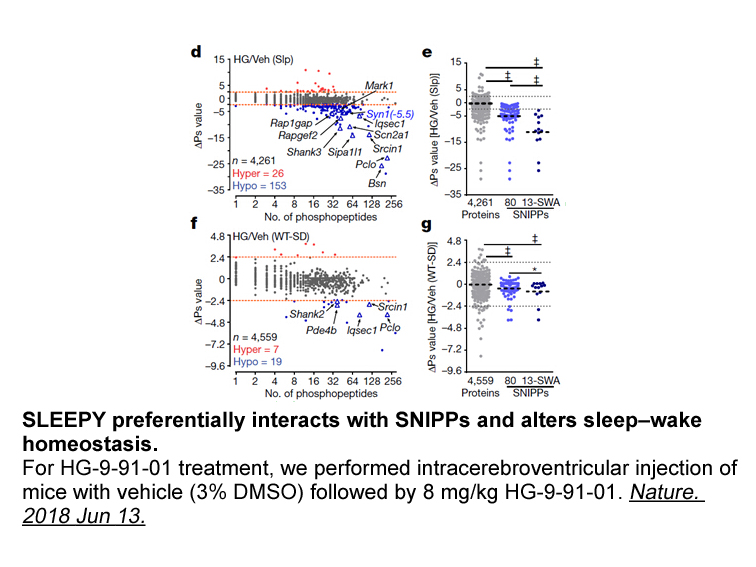Archives
International Consultancy Firms in the domain of
International Consultancy Firms in the domain of Urban Planning (ICFUP), which include architecture- and engineering-oriented firms, are the major agents in expanding the channels of cross-border policy transfer (Peck, 2003) and in transferring policies, practices, models, and references that can be translated into urban forms. However, these transferred elements are the objects of an pdgfr inhibitor process that are relative to each local context. Even in the mobile policies and policymaking literature, the term “transfer” is defined as a “socio-spatial, power-laden process in which policies are subject to change and struggle as they are moved” (McCann and Ward, 2011).
ICFUP has a fundamental role in GCC. Major GCC cities undergo a development process and employ several strategies for creating iconic spaces and megaprojects to build a world city image (Andraos and Wood, 2013; Davis, 2007). The spectacular urban growth in GCC (Elsheshtawy, 2008; Al-Hathloul, 2004) significantly depends on foreign knowledge (Ewers, 2013). Ren (2011) ranked many GCC cities (i.e., Dubai, Abu Dhabi, and Doha) as top cities where international consultancy firms in the construction domain had their own branch offices. These rankings reflect the significant role of international firms that implement iconic landscapes and megaprojects. Despite the significant reduction of construction activities during the 2008 global financial crisis, our site survey (see the methodology in the next paragraph) shows that the majority of the international firms have successfully adapted to such event to cater to a new post-crisis optimistic mood.
Studies on knowledge mobility and policy transfer emphasize different levels of transfer and differentiate transfer, diffusion, and learning (Stone, 2004). “Transfer” involves the processes of struggle and change, whereas “diffusion” describes a trend of successive or sequential adoption of a practice, policy, or program. This trend is contagious rather than chosen and connotes the spreading, dispersion, and dissemination of ideas or practices from a common source (Ibid). Stone (2004) argued that diffusion had several limitations because such concept failed to describe how policies or practices were altered during the adoption process. “Learning” occurs when “policy-makers adjust their cognitive understanding of policy development and modify policy in the light of knowledge gained from past policy experience” (Stone, 2004). In his essay on the knowledge transfer in the United Arab Emirates and the other Gulf states, Ewers (2013) discussed the extent to which the imported expertize can leverage local capacity development. According to Ewers, the levels of learning vary between sectors, of which the financial sector achieves the highest level of local learning by interacting with foreign experts. Similarly, this article discusses the level of learning within a local context that can be identified through the presence of ICFUP and the “transferred knowledge.”
were altered during the adoption process. “Learning” occurs when “policy-makers adjust their cognitive understanding of policy development and modify policy in the light of knowledge gained from past policy experience” (Stone, 2004). In his essay on the knowledge transfer in the United Arab Emirates and the other Gulf states, Ewers (2013) discussed the extent to which the imported expertize can leverage local capacity development. According to Ewers, the levels of learning vary between sectors, of which the financial sector achieves the highest level of local learning by interacting with foreign experts. Similarly, this article discusses the level of learning within a local context that can be identified through the presence of ICFUP and the “transferred knowledge.”
ICFUP, actors of a new model of urban production
GCC cities are witnessing a large urban development that is characterized by the deployment of many urban megaprojects. In some cities such as Dubai, Doha, Abu Dhabi, and Bahrain, these urban megaprojects act as the major tool for shaping urban landscapes. As an unprecedented modality of urban development, GCC cities undergo a particular phase of development where the building of cities includes new objectives, references, and actors. Compared with other Arabic cities, GCC cities have a relatively short urban history. At the beginning of the XXth century, the majority of the GCC cities are small urban settlements whose economies heavily rely on fishing and pearling. After discovering oil, these cities have undertaken massive modernization projects (Cadène and Dumortier, 2011) that principally focused on infrastructure and residential buildings. At the same time, GCC governments aim to build an image of a modern state by relying on the expertize of individuals, such as the case of John Harris in implementing the first master plans of Dubai (Elsheshtawy, 2013), and the presence of western firms, primarily in the domain of engineering, to build large infrastructures. In the last two decades, as a result of implementing economic diversification as a post-oil strategy, GCC cities have begun to search for a global city image that will place them at the international scene with other competitive world cities. Fascinating megaprojects are not only constructed to fulfill the needs of modern citizens but to attract international population and globalized investments. These developments are characterized by the emergence of for-profit para-statal real estate developers with mobile capitals and various investments worldwide. In this context, ICFUP function as major contributors that transfer “globalized” knowledge for the implementation of new urban landscapes.